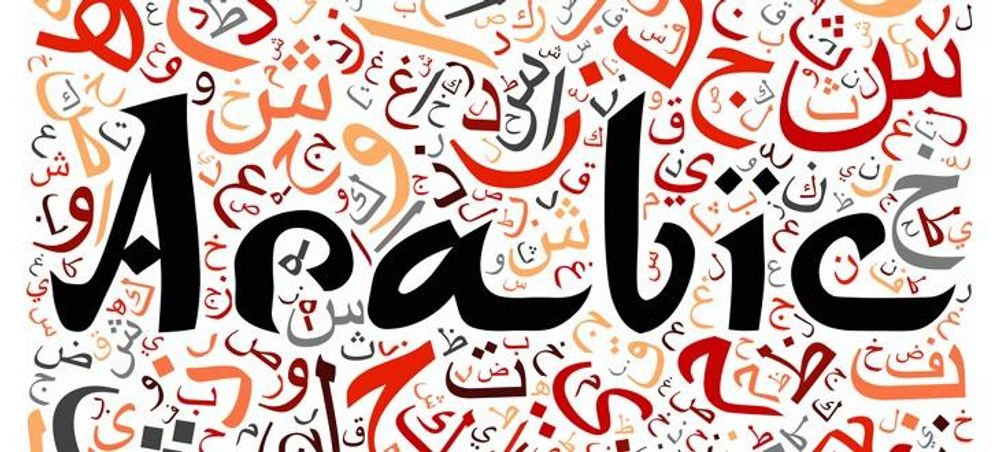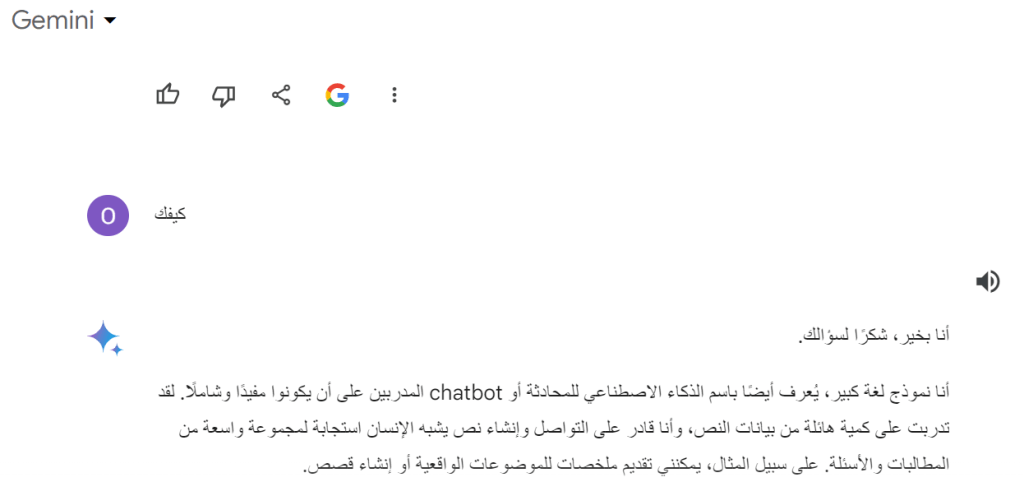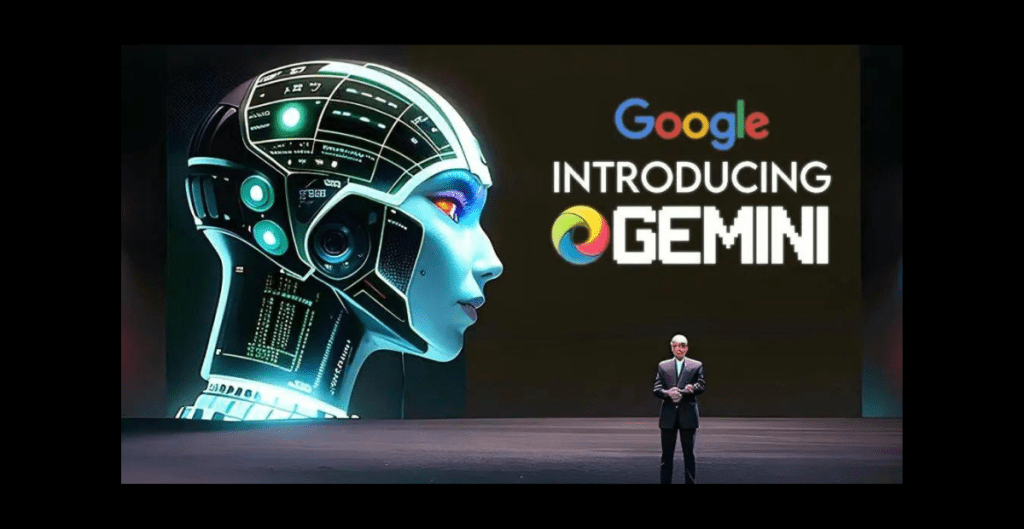With AI’s emerging boon, nearly all industries have been affected by this new technology. From transforming the writing field to its applications in healthcare and cybersecurity, AI can be described as a global turning point that’s just getting better with time.
That’s exactly the case with AI writing tools. Since ChatGPT infiltrated the industry in late 2022, the world hasn’t been the same. Logically, when there’s a hot topic out there, tech giants join the competition, and when the giant is Google, we know it won’t be an easy battle.
Released less than one year ago, Google’s Bard Chatbot has been trying to set the stage for itself as an AI master in the market. Bringing a lot of features to the table, we’re here to discuss how Bard breaks new ground by catering to Arab users writing in their native language.
Before we dive in, it’s worth mentioning that the name ‘Bard’ is no longer in Google’s dictionary since it recently announced that it renamed Bard to ‘Gemini,’ which is one of the language models powering Bard. It’s a smart marketing move if you ask us.
What Does Bard ‘Gemini’ Have For Arabs?
The technological and business minds behind Gemini, previously known as Bard, have put in significant effort to streamline the experience for Arab speakers communicating in Arabic, which is a complex language, especially with the presence of diacritics.
Can Understand 16 Arabic Dialects


Interestingly, Google’s AI assistant can actually understand a whopping 16 Arabic dialects, noting that there are roughly over 25 Arabic dialects out there. Impressive, right?
Some of these dialects include colloquial Egyptian, Morrocan, Levantine, Emirati, and Saudi Arabic, to name a few, besides the Modern Standard Arabic, aka Fus-ha.
However, while Gemini will comprehend your input in any of these dialects, the tool will only be responding using Modern Standard Arabic (Fus-ha). It’s just a fair game.

Has An Arab-Friendly User Interface
You can choose to shift the script to ‘right-to-left,’ which is the natural way of writing Arabic. From the user interface front, Bard/Gemini is certainly scoring points.
Accepts Code-Switching
This is the cherry on top. If you’re not tech-savvy, you may be questioning the term ‘code-switching.’ Well, in simple terms, it’s mixing different languages in the same sentence (one of which is Arabic). This is quite popular in Levant regions, where people usually use more than one language in their day-to-day lives.
Gemini comes in and understands this linguistic mix; you can type in different languages, and it’ll understand what you’ve said.
Ending on a High Note
ChatGPT, Bard/Gemini, and similar AI tools are just that — tools. While you can use them to help you do your Arabic assignment or come up with ideas for your next project, they can’t do your work.
Bear in mind that you’re the one in control, and everything needs to start and end from your mind. No matter how technology advances, even if a robot uprising is around the corner, human awareness and emotional intelligence can’t be flawlessly trained — or that’s what we hope.
We Said This: Don’t Miss It .. Unmasking Digital Influence: How The Controversial ‘Words Of Iron’ App Is Behind Palestine Censorship



